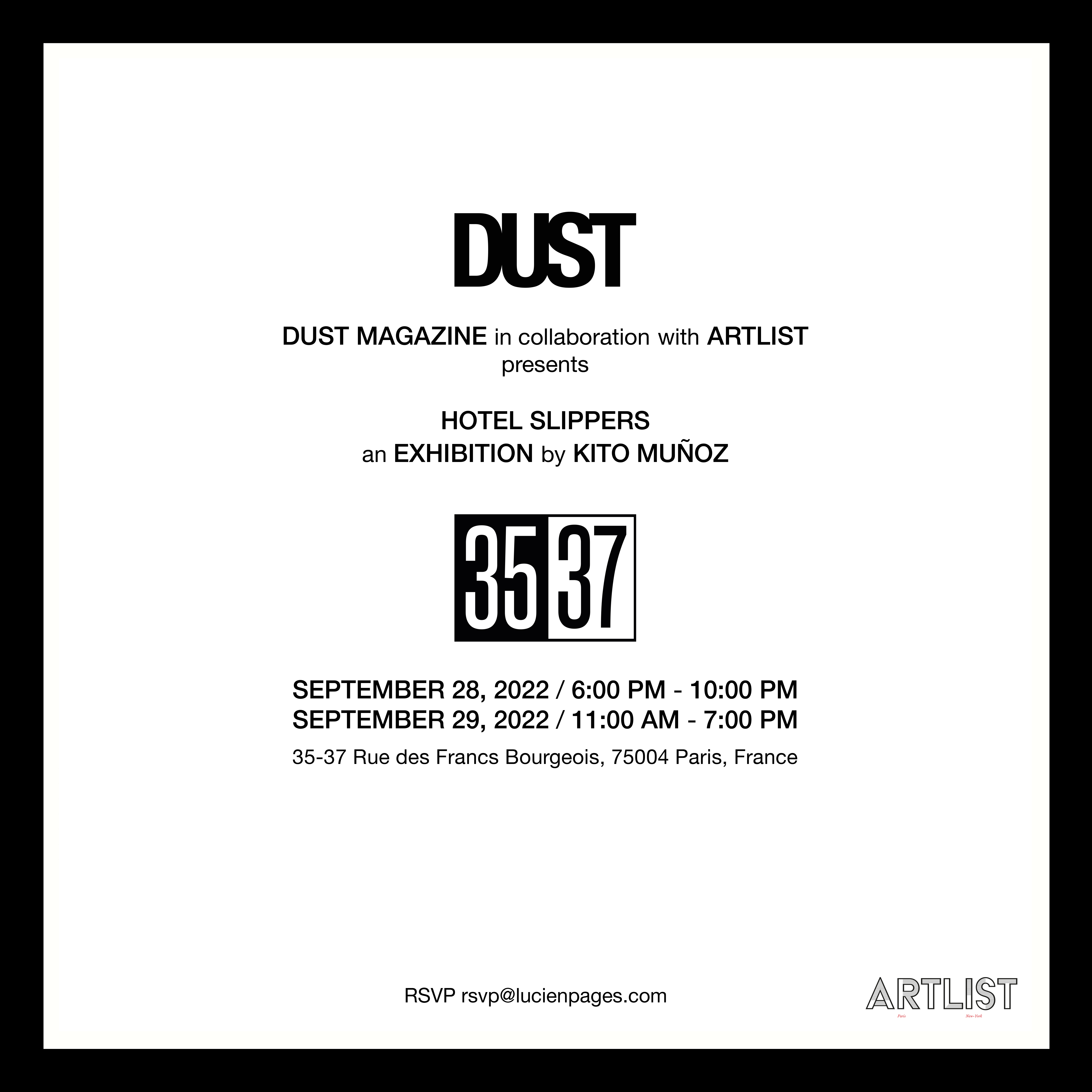︎︎︎ Back
On September 28 & 29, 2022
Ground Floor Central Wing.
![]()
It all started with collecting hotel slippers over the years. It could have been a combination of kleptomania, hoarding and maybe somewhat of a fetish. Or, perhaps it was just a way to bring back souvenirs from all those familiar press days, fashion week events, and work trips. Then, Covid struck. Everything changed, and the pile of slippers, carelessly stacked at the bottom of the closet, suddenly took on a whole new meaning. While the reality of our lives was mostly confined to our apartments, these accessories, acquired from anonymous hotel rooms, appeared indicative of a more general condition. This is when Luca Guarini, and Kito Muñoz, envisioned a fashion series revolving around hotel slippers, intimate spaces, and 'non-places'.
According to anthropologist Marc Augé, a ‘non-place’ is a transience space lacking sufficient significance to qualify as a 'place', like airports, hotel rooms, supermarkets, and motorways. In this sense, hotel rooms serve as impersonal 'non-places', functional, transitory spaces that human subjects traverse anonymously, neither relating nor identifying intimately with them.
Through disposable hotel slippers, this series explores the impersonal intimacy of these 'non-places' and how we experience intimacy in digital spaces nowadays. We can actually call the digital space, where much of our self-discovery, exploration, and intimacy occur, a 'virtual non-place'.
The perception of 'non-places', according to Augé, changes our awareness as they are perceived partially and incoherently. In a similar vein, we can say that even the digital is a 'non-place' that can only be perceived partially and incoherently—a space in which we perceive ourselves in the very same manner. Such transitory 'non-places' define a generation trapped in a short-term present, enduring continuous precariousness.
As this series intertwines 'non-places' and 'inner spaces', intimacy and exposure, nudity, and high fashion, it portrays a generation trying to get comfortable in a space they cannot identify with or depend on but in which finally, they feel at home—like wearing slippers in a hotel room. (L.V.)
![]()
On September 28 & 29, 2022
Ground Floor Central Wing.
HOTEL SLIPPERS - An Exhibition by DUST & Kito Muñoz.

It all started with collecting hotel slippers over the years. It could have been a combination of kleptomania, hoarding and maybe somewhat of a fetish. Or, perhaps it was just a way to bring back souvenirs from all those familiar press days, fashion week events, and work trips. Then, Covid struck. Everything changed, and the pile of slippers, carelessly stacked at the bottom of the closet, suddenly took on a whole new meaning. While the reality of our lives was mostly confined to our apartments, these accessories, acquired from anonymous hotel rooms, appeared indicative of a more general condition. This is when Luca Guarini, and Kito Muñoz, envisioned a fashion series revolving around hotel slippers, intimate spaces, and 'non-places'.
According to anthropologist Marc Augé, a ‘non-place’ is a transience space lacking sufficient significance to qualify as a 'place', like airports, hotel rooms, supermarkets, and motorways. In this sense, hotel rooms serve as impersonal 'non-places', functional, transitory spaces that human subjects traverse anonymously, neither relating nor identifying intimately with them.
Through disposable hotel slippers, this series explores the impersonal intimacy of these 'non-places' and how we experience intimacy in digital spaces nowadays. We can actually call the digital space, where much of our self-discovery, exploration, and intimacy occur, a 'virtual non-place'.
The perception of 'non-places', according to Augé, changes our awareness as they are perceived partially and incoherently. In a similar vein, we can say that even the digital is a 'non-place' that can only be perceived partially and incoherently—a space in which we perceive ourselves in the very same manner. Such transitory 'non-places' define a generation trapped in a short-term present, enduring continuous precariousness.
As this series intertwines 'non-places' and 'inner spaces', intimacy and exposure, nudity, and high fashion, it portrays a generation trying to get comfortable in a space they cannot identify with or depend on but in which finally, they feel at home—like wearing slippers in a hotel room. (L.V.)

